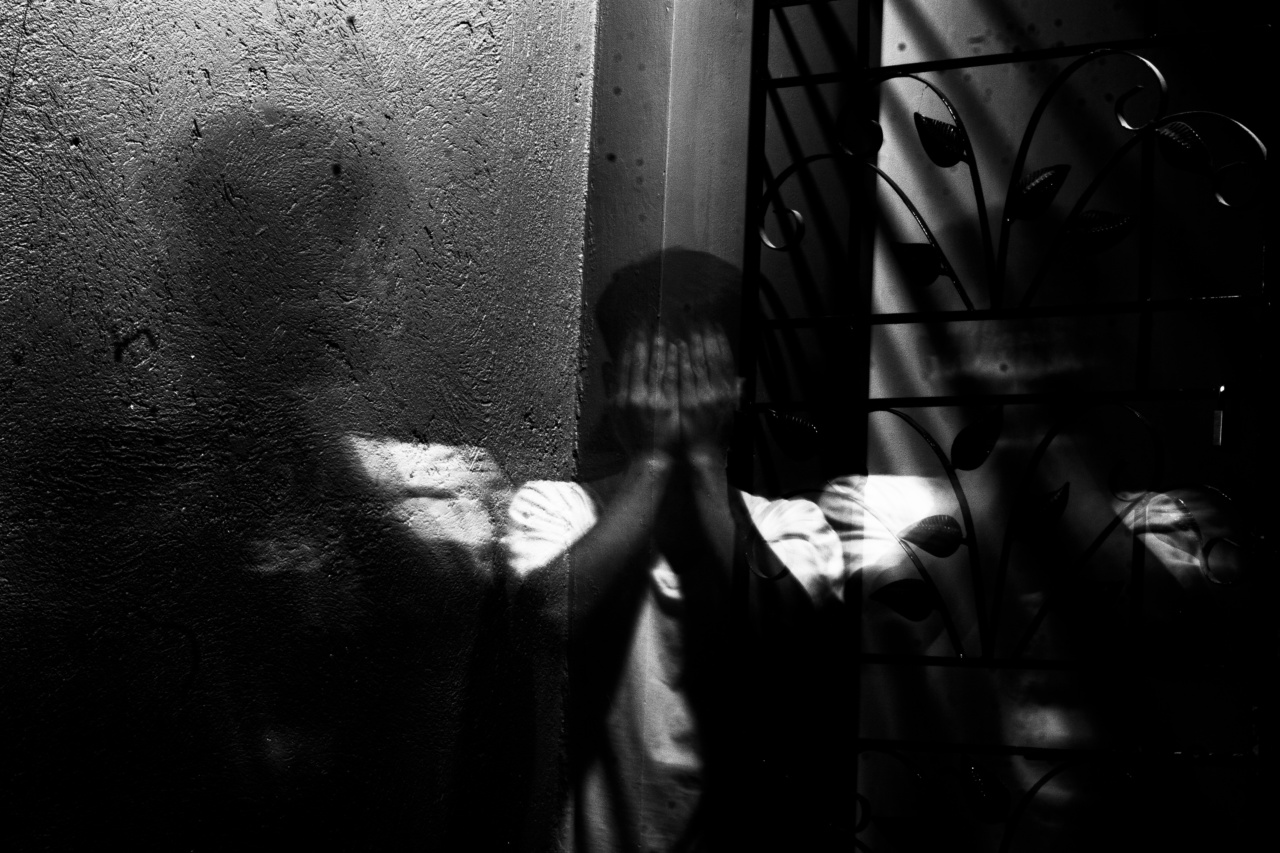In recent years, social media has become an integral part of our lives. It helps us connect with people, share our thoughts, and stay updated about the world around us.
However, research has shown that social media can have a negative impact on our mental health, leading to depression and anxiety. In this article, we will explore the dark side of social media and how it affects our mental health.
Comparison Culture
One of the top reasons social media contributes to depression and anxiety is because of “comparison culture.” Social media platforms like Instagram and Facebook are full of carefully curated images and moments that can make us feel like we are missing out. We see the perfect images that others have uploaded and compare our lives to theirs, feeling inadequate.
In a study, it was found that people who spent more time on social media compared themselves to others more frequently and felt more depressed and anxious compared to those who spent less time on social media.
The comparison to the carefully crafted lives of others on social media can often lead to feelings of inadequacy, inferiority, and depression.
Social Isolation
Ironically, social media can also lead to social isolation. People often get lost in the world of social media to the extent that they begin to substitute it for real human interaction.
As a result, people may start feeling lonely, which can lead to mental health problems.
In fact, a study found that people who use social media frequently are more likely to feel socially isolated.
Moreover, people who are frequent social media users can develop unhealthy habits like sleep deprivation that ultimately lead to mental health problems like depression, anxiety, and stress.
Fears of Missing Out (FOMO)
One of the top reasons for social media addiction is FOMO or the “fear of missing out.” People are afraid that they might miss an important event or trend if they are not constantly online.
They feel the need to constantly check their feeds and update their profiles.
However, this also contributes to a sense of anxiety and nervousness, which can lead to depression.
People obsess over the number of likes and followers they have, creating a psychological dependency on social media to satisfy their need for approval and self-validation.
Cyberbullying
Another issue that often goes hand in hand with social media is cyberbullying. Cyberbullying involves the use of threatening and harassing messages, images, or videos targeted at someone online.
This can happen in public forums, private groups, and even through direct messaging.
Research has shown that victims of cyberbullying are more likely to experience depression, anxiety, and stress. Moreover, cyberbullying can be a persistent problem that can lead to trauma and even suicide in some cases.
It is important to take the necessary precautions to avoid becoming a victim of cyberbullying.
Social Media and Addiction
There is no denying that social media can be addictive. People often find themselves scrolling endlessly through their feeds, spending hours a day online.
While social media addiction may not be a diagnosable disorder, it can have negative impacts on our mental health.
In fact, excessive screen time and social media usage can lead to sleep disturbances, decreased productivity, and difficulty concentrating. All of these factors can ultimately lead to mental health problems like depression, anxiety, and stress.
The Importance of Limiting Social Media Usage
While social media can have negative effects on your mental health, it does not mean that you need to completely avoid it. Social media can be a fantastic tool for connecting with people and sharing ideas.
However, it’s important to use it mindfully and in moderation to avoid falling prey to its negative effects on mental health.
Limiting your social media usage can help you avoid comparison culture, feelings of isolation, and FOMO. Furthermore, it can protect you from cyberbullying and reduce the risk of addiction while improving your sleep and concentration levels.
Take control of your social media use and use it mindfully to avoid the negative effects it can have on your mental health.
The Bottom Line
Social media has revolutionized the way we interact with the world, but it has also had some of its negative side effects on our mental health.
As we have seen, social media can lead to depression and anxiety, especially when it comes to comparison culture, social isolation, FOMO, and addiction. However, limiting social media usage can help mitigate these effects and enhance our mental health and general well-being.






























